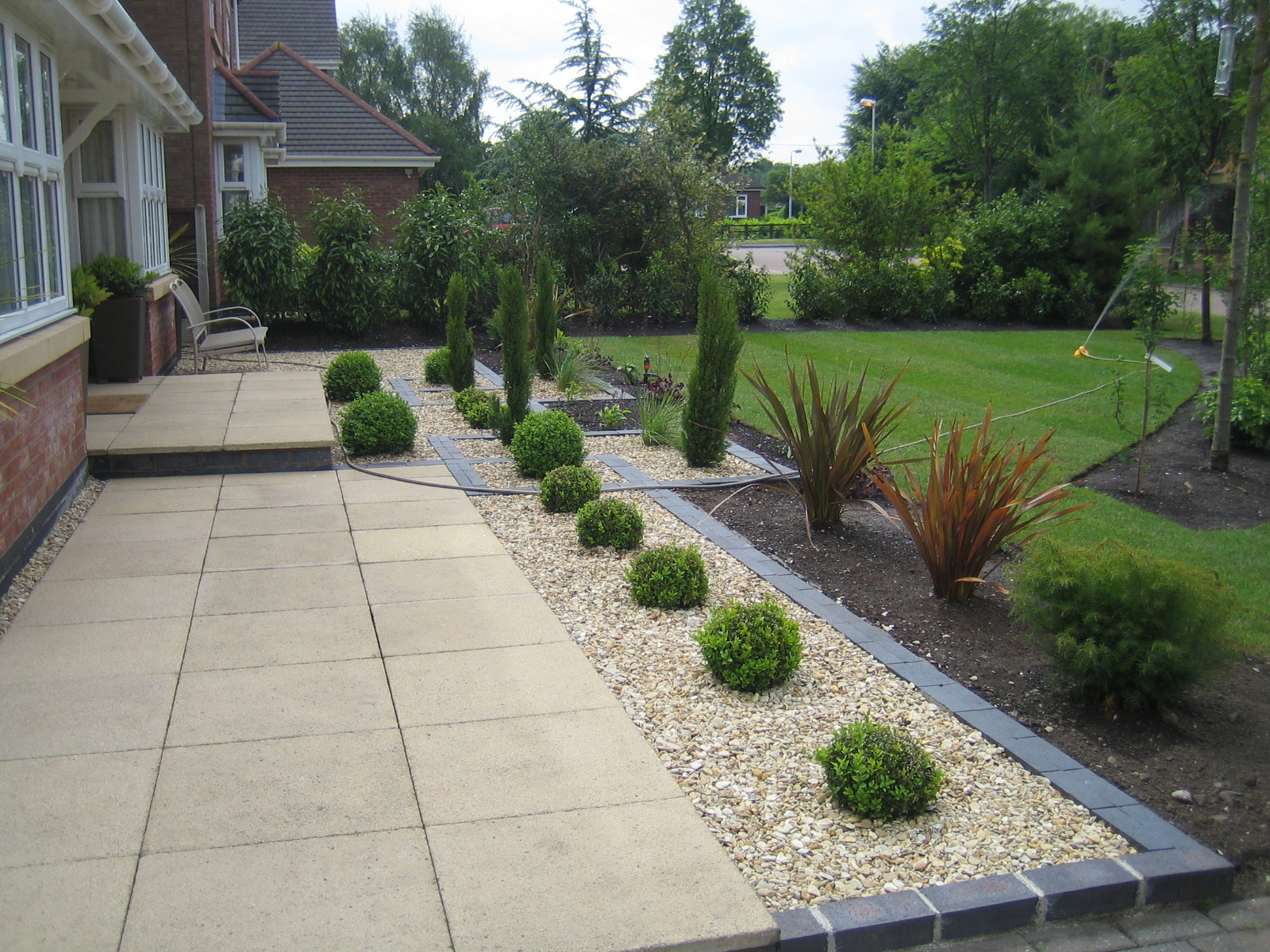Garden design is a creative and intricate process that combines artistry, functionality, and horticultural knowledge. Professional landscapers bring expertise and experience to garden design, creating outdoor spaces that reflect the homeowner’s vision while meeting practical needs. Here are some key tips from professional landscapers Nuneaton on the art of garden design.
- Understand the Space: Before beginning a garden design, it’s important to assess the space’s characteristics. This includes evaluating sunlight exposure, soil conditions, and drainage. Understanding the site’s natural features and limitations allows landscapers to choose appropriate plants and design elements that will thrive in the environment.
- Define Your Vision: A successful garden design starts with a clear vision. Homeowners should consider their preferences, lifestyle, and how they intend to use the garden. Whether it’s a space for entertaining, growing vegetables, or creating a peaceful retreat, defining the purpose of the garden will guide the design process.
- Plan for Functionality: In addition to aesthetics, functionality is a key aspect of garden design. Landscapers plan for practical elements such as pathways, seating areas, and storage. Functional features should be integrated seamlessly into the design, ensuring that the garden is both beautiful and usable.
- Create a Focal Point: A well-designed garden often includes a focal point that draws the eye and anchors the space. This could be a statement piece such as a sculpture, water feature, or a striking plant arrangement. The focal point helps to create visual interest and serves as a centerpiece for the garden design.
- Choose Plants Wisely: Plant selection is a critical component of garden design. Professional landscapers recommend choosing plants that complement the garden’s style and conditions. Consider factors such as plant size, color, texture, and seasonal interest. Mixing different types of plants, including perennials, annuals, and shrubs, creates a dynamic and varied landscape.
- Incorporate Hardscaping: Hardscaping elements such as patios, walkways, and walls provide structure and function to the garden. Landscapers use hardscaping to create defined spaces, improve accessibility, and add visual contrast. Materials like stone, brick, and wood are commonly used to complement the garden’s overall design.
- Consider Maintenance: A well-designed garden should also be manageable and easy to maintain. Professional landscapers consider the level of care required for plants and features, ensuring that the design aligns with the homeowner’s ability and commitment to maintenance. Low-maintenance options, such as drought-tolerant plants and efficient irrigation systems, can simplify garden upkeep.
- Use Lighting Effectively: Garden lighting enhances the beauty and functionality of outdoor spaces after dark. Professional landscapers use lighting to highlight key features, create ambiance, and improve safety. Consider incorporating different types of lighting, such as ambient, task, and accent lights, to achieve the desired effect.
- Incorporate Outdoor Living Spaces: Integrating outdoor living areas into the garden design extends the usability of the space. Features such as outdoor kitchens, dining areas, and lounges create inviting spaces for relaxation and entertainment. These areas should be designed with comfort and practicality in mind.
- Plan for the Future: A successful garden design takes into account future growth and changes. Landscapers plan for how plants will mature over time, ensuring that the design remains attractive and functional as the garden evolves. Regular maintenance and updates may be necessary to keep the garden in top condition.
In conclusion, the art of garden design involves a combination of creativity, functionality, and horticultural expertise. By following these tips from professional landscapers, homeowners can create beautiful and practical outdoor spaces that enhance their enjoyment and add value to their property.
